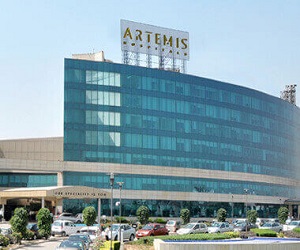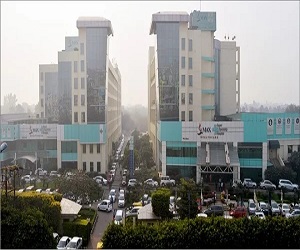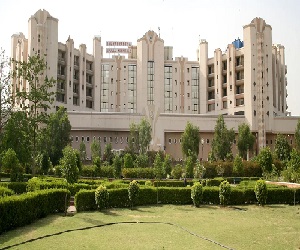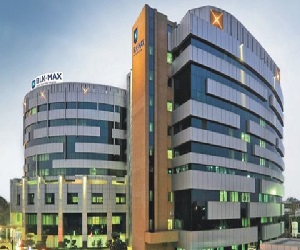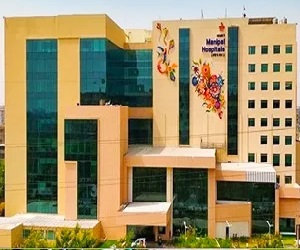Testicular cancer is a type of cancer that develops in the testicles, which are located inside the scrotum—a loose pouch of skin beneath the male genitalia. The testicles are responsible for producing sex hormones and sperm. Although testicular cancer is less common than many other types of cancer, it is highly curable, even if it has spread beyond the testicles.
The treatment option for testicular cancer typically depends on the type and stage of the cancer.
Who needs Testicular Cancer Treatment
Testicular cancer is a type of cancer that presents with certain common signs and symptoms, usually affecting just one testicle. If you notice any of these signs, it’s important to get a thorough check-up and follow-up treatment. The signs of testicular cancer include:
- Fatigue
- Fluid stack in the scrotum
- Pain in the scrotum
- Tenderness of lymph nodes
- Enlargement or swelling in testicle swollen scrotum
How is the testicular cancer treatment done?
First and foremost, the doctor diagnoses the patient using several tests. A blood test is one of the key tests used to assess tumor markers such as AFP (alpha-fetoprotein) and HCG (human chorionic gonadotropin). Another important test for determining the presence of testicular cancer is an ultrasound.
Procedure
Before starting treatment, it is essential to determine the correct stage of testicular cancer. The primary treatments used to treat testicular cancer include:
- Chemotherapy
- Radiation Therapy
- Surgery
If the patient needs to undergo surgery, the doctor removes the cancerous growth along with the testicle using a procedure known as an inguinal orchiectomy.
Additionally, retroperitoneal lymph node dissection may be required if the cancer has spread. After surgery, chemotherapy and radiation therapy are often administered to enhance the effectiveness of the treatment.
In addition, doctors may use hormone therapy to help maintain hormone levels.
Risks and complications of the treatment
There are always some risks or complications after any surgery. In the case of testicular cancer surgery, possible complications may include:
- Infection
- Blood clot
- Bleeding
Success Rate
The success rate of testicular cancer treatment can vary depending on the stage of the cancer. For patients in stage I who are properly monitored, the success rate is extremely high, reaching nearly 98%.

